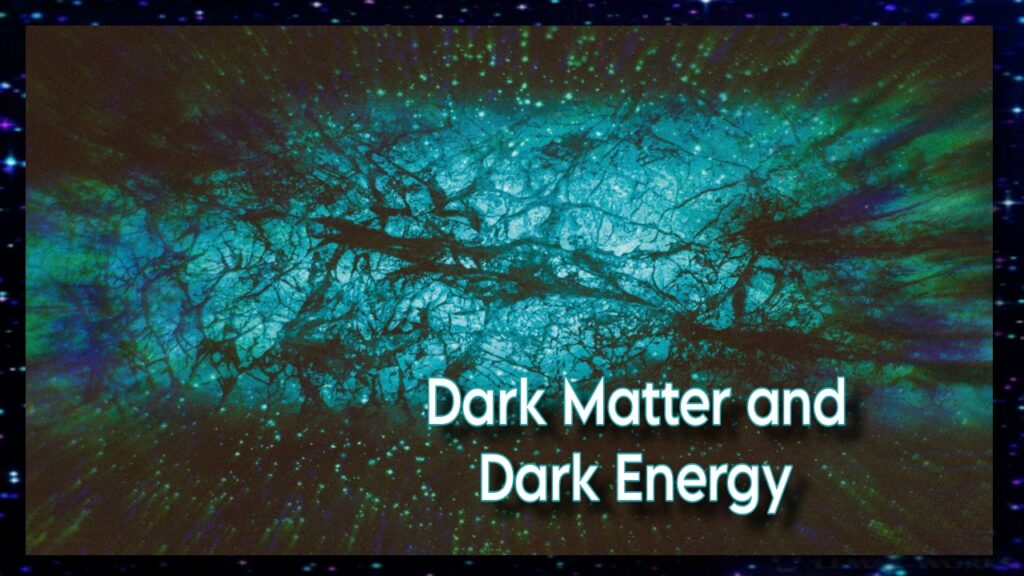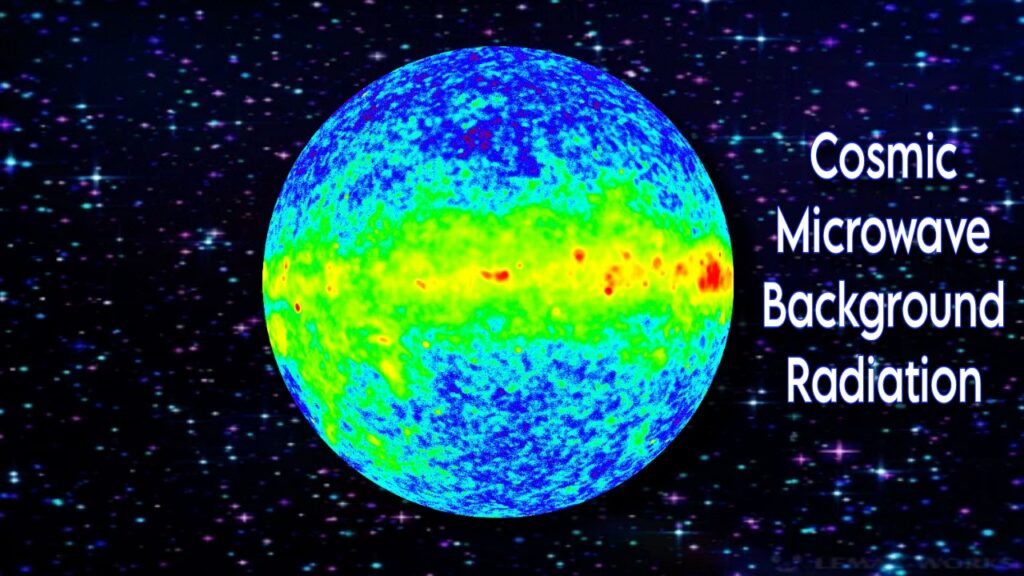Since the dawn of humanity, humans have been fascinated by the vast expanse of space that lies beyond our planet. For centuries, we have been using telescopes and other instruments to study the night sky, but it wasn’t until the second half of the 20th century that we began exploring space with unmanned and manned spacecraft. Over the years, scientists have made many groundbreaking discoveries that have transformed our understanding of the universe and our place in it. In this article, we will explore some of the most significant discoveries that scientists have made in space so far.
Hello friends, I am Uzaif Kevin the author of your own website uzfkvn.com I hope you all are absolutely fine. I’m fine too. So without wasting time, I will tell you “Exploring the Vast Unknown: Discoveries in Space Exploration”
Soo Lets Begin,

Table of Contents
The Big Bang
The Big Bang is the most widely accepted theory about the origin of the universe. According to this theory, the universe began as a singularity, a point of infinite density and temperature. Then, about 13.8 billion years ago, there was a massive explosion that sent matter and energy flying in all directions. This explosion is what we now call the Big Bang. The evidence for the Big Bang includes the cosmic microwave background radiation, which is the afterglow of the Big Bang, and the observed expansion of the universe.

Dark Matter and Dark Energy
Scientists have known for decades that the universe is expanding, but it wasn’t until the 1990s that they discovered that this expansion is accelerating. This acceleration can’t be explained by the known laws of physics, so scientists hypothesized the existence of dark energy, a mysterious force that makes up about 68% of the universe. In addition, scientists have observed that galaxies and galaxy clusters are being held together by something other than the visible matter we can see. This substance is called dark matter, and it makes up about 27% of the universe. Dark matter and dark energy are two of the biggest mysteries in modern physics, and scientists are still trying to understand their properties and how they interact with the visible matter in the universe.
Exoplanets
For centuries, humans have wondered if there are other planets like Earth out there in the universe. In the 1990s, scientists began discovering planets orbiting other stars, which are now known as exoplanets. The first confirmed exoplanet was discovered in 1995, and since then, scientists have discovered thousands more. These discoveries have led to the realization that our solar system is just one of many, and that there could be billions of potentially habitable planets in the Milky Way galaxy alone.
Gravitational Waves
Gravitational waves are ripples in the fabric of space-time that are caused by the acceleration of massive objects, such as colliding black holes or neutron stars. These waves were predicted by Albert Einstein in his theory of general relativity, but they had never been directly observed until 2015, when the Laser Interferometer Gravitational-Wave Observatory (LIGO) detected a gravitational wave signal. Since then, LIGO and other gravitational wave observatories have detected many more signals, which have allowed scientists to study the behavior of black holes and neutron stars in ways that were never before possible.
Black Holes
Black holes are objects with such strong gravitational fields that nothing, not even light, can escape from them. For a long time, scientists believed that black holes were purely theoretical objects, but in the past few decades, they have been able to observe the effects of black holes on their surroundings. For example, they have observed stars orbiting around an invisible object, which is likely a black hole. They have also observed gas and dust being sucked into a black hole, which creates a bright accretion disk that can be observed with telescopes. In 2019, the first direct image of a black hole was captured by the Event Horizon Telescope, a global network of radio telescopes.

Cosmic Microwave Background Radiation
The cosmic microwave background radiation (CMB) is the afterglow of the Big Bang, and it provides important clues about the early universe. The CMB was first detected in 1964 by Arno Penzias and Robert Wilson, who were awarded the Nobel Prize in Physics in 1978 for their discovery. The CMB is a faint, uniform glow of radiation that permeates the entire universe, and it is believed to be the oldest light in the universe. It is also incredibly uniform, with temperature variations of less than one part in 100,000, which suggests that the early universe was also incredibly uniform.
Interstellar Medium
The interstellar medium (ISM) is the matter and radiation that exists in the space between stars in a galaxy. It consists of gas, dust, and cosmic rays, and it plays an important role in the evolution of galaxies. The ISM is also the birthplace of new stars, as the gas and dust can clump together and form dense regions that eventually collapse under their own gravity to form protostars. Scientists have been studying the ISM for decades, and they have made many important discoveries about its composition, structure, and dynamics.

Gamma-Ray Bursts
Gamma-ray bursts (GRBs) are short-lived bursts of high-energy gamma rays that are the most powerful explosions in the universe. They were first detected in the 1960s by satellites designed to monitor nuclear test ban treaties, but it wasn’t until the 1990s that astronomers realized that they were coming from outside the solar system. GRBs are believed to be the result of the collapse of massive stars or the merger of neutron stars, and they provide important clues about the early universe and the behavior of matter in extreme conditions.
Planetary Exploration
Scientists have also been exploring the planets and other objects in our solar system. This has led to many important discoveries, such as the existence of water on Mars and the discovery of geysers on Enceladus, a moon of Saturn. Planetary exploration has provided important information about the history and evolution of our own planet, as well as insights into the potential for life beyond Earth.

Space Technology
Space exploration has led to the development of many important technologies that have had a profound impact on society. For example, satellite technology has revolutionized communication, navigation, and weather forecasting, while space-based telescopes have allowed us to study the universe in unprecedented detail. Space exploration has led to advances in materials science, propulsion technology, and robotics, which have applications in a wide range of industries.
Conclusion of Discoveries of Space Exploration
In conclusion, the study of space has led to many groundbreaking discoveries that have transformed our understanding of the universe and our place in it. From the Big Bang to the discovery of exoplanets, black holes, and gravitational waves, to the exploration of the planets and the development of new technologies, the study of space has provided us with a wealth of knowledge and insights that have shaped our world in countless ways. As we continue to explore the cosmos, it is certain that we will make many more important discoveries that will change our understanding of the universe and our place in it.
Space exploration has also provided us with a better understanding of our planet and how it works. For example, satellites have allowed us to study weather patterns and track natural disasters, such as hurricanes and wildfires. They have also helped us to monitor changes in the environment, such as deforestation, and to study the impact of climate change on the planet.
Space exploration has also had a profound impact on our culture and our imagination. It has inspired countless works of science fiction, from H.G. Wells’ “War of the Worlds” to George Lucas’ “Star Wars.” It has also captured the public’s imagination and sparked a fascination with space and the unknown. This fascination has led to the creation of countless movies, TV shows, books, and video games, which have helped to popularize science and inspire future generations of scientists and explorers.
Space exploration has also had important economic benefits. The space industry has created thousands of jobs and generated billions of dollars in revenue. It has also spurred innovation and technological development, leading to new products and services that have improved our lives in countless ways. For example, the development of space-based technology has led to improvements in satellite TV, GPS, and internet access.
Despite the many benefits of space exploration, it is not without its challenges and risks. Space missions are expensive and require a significant amount of resources, and they can also be dangerous. Astronauts must be trained to operate in extreme environments and deal with emergencies that can arise in space. Moreover, space debris poses a significant threat to spacecraft and can cause serious damage if not properly managed.
In conclusion, the study of space has yielded many important discoveries that have transformed our understanding of the universe and our place in it. From the study of distant galaxies to the exploration of our own solar system, space exploration has provided us with a wealth of knowledge and insights that have shaped our world in countless ways. Moreover, it has had a profound impact on our culture, our imagination, and our economy. As we continue to explore the cosmos, it is important that we continue to invest in space exploration and work to overcome the challenges and risks associated with it.
More Read






